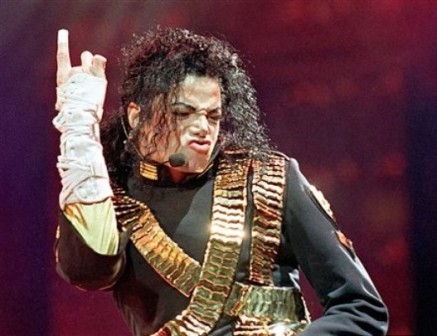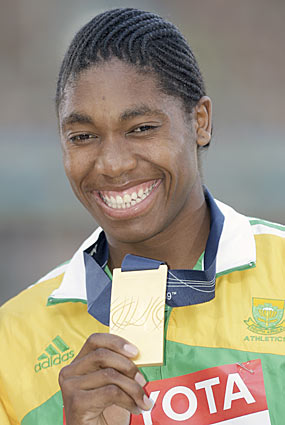Joe Hillshoist wrote:Marathon swimming comes to mind.
The woman who has swum the Channel most times is a woman. The man who holds the record for the quickest crossing is a man. This also applies to crossings the other way, two way crossings, three way crossings and four way crossings.
barracuda wrote:That's a bit like saying that men look ridiculous in spike heels because they are somehow lacking in talent and ability. The statement is untrue (whether or not you happen to agree with it, which is frankly irrelevant. (May I call you Frankly? Thank you.))
But the ridiculousness of appearance isn't objectively quantifiable, like athletic performance is.
And, of course, I've been called worse.
quote]Hmm. I would refer you to those rare occasions when women have competed with men in ... sports for ... men ....
Fixed, and at no cost to you.[/quote]
Sports may be for men, but that doesn't effect the fact that men are better at them. As I said, even in dressage, a sport with an over whelmingly female fan base and grass roots, men are about equal with women at the top, in elite competition.
Nijinsky was a legendary male dancer, but it's hard to say how he might have held up against the modern greats, or en pointe. His lasting influence will likely be through his choreography and collaborations rather than his physical dance presence or technique, which, though so fabled, (like the good doctor's bedside manner) is largely undocumented.
I'm not sure how you document physcial dance presence. And although I know very little about ballet, I know very few choreographies call for male dancers to go en pointe.
Perhaps an even better model than competitive sports might be?
Better as a model for inter-sex relations, maybe.
I wasn't clear - I was trying to point out that the castrati had to physically feminize themselves to approach or surpass (debatable) the superior abilities of women,
Well, firstly castration isn't effeminising, secondly while it may be debatable whether the voices were actually superior, it was though to be so at the time (only one recording of a castrato was ever made) and they undoubtedly had a wider range than female singers. Womens cvoices, however, are not superior to mens. Each has its own place in the choir. The unique sound of the castrato is now extinct, but the most well thought of singers are still normally men, as with the three tenors not too long ago. But to compare male and female voices is somparing apples and oranges. If we must, though, then the best singers are not only male, but Welsh.
wiki:
Castration before puberty (or in its early stages) prevents a boy's larynx from being transformed by the normal physiological events of puberty. As a result, the vocal range of prepubescence (shared by both sexes) is largely retained, and the voice develops into adulthood in a unique way. As the castrato's body grew, his lack of testosterone meant that his epiphyses (bone-joints) did not harden in the normal manner. Thus the limbs of the castrati often grew unusually long, as did the bones of their ribs. This, combined with intensive training, gave them unrivalled lung-power and breath capacity. Operating through small, child-sized vocal cords, their voices were also extraordinarily flexible, and quite different from the equivalent adult female voice, as well as higher vocal ranges of the uncastrated adult male (see soprano, mezzo-soprano, alto, sopranist, countertenor and contralto). Listening to the only surviving recordings of a castrato (see below), one can hear that the lower part of the voice sounds like a "super-high" tenor, with a more falsetto-like upper register above that.
I can't comment on whether the castrati voices were actually superior to female voices, but it was though to be so at the c





